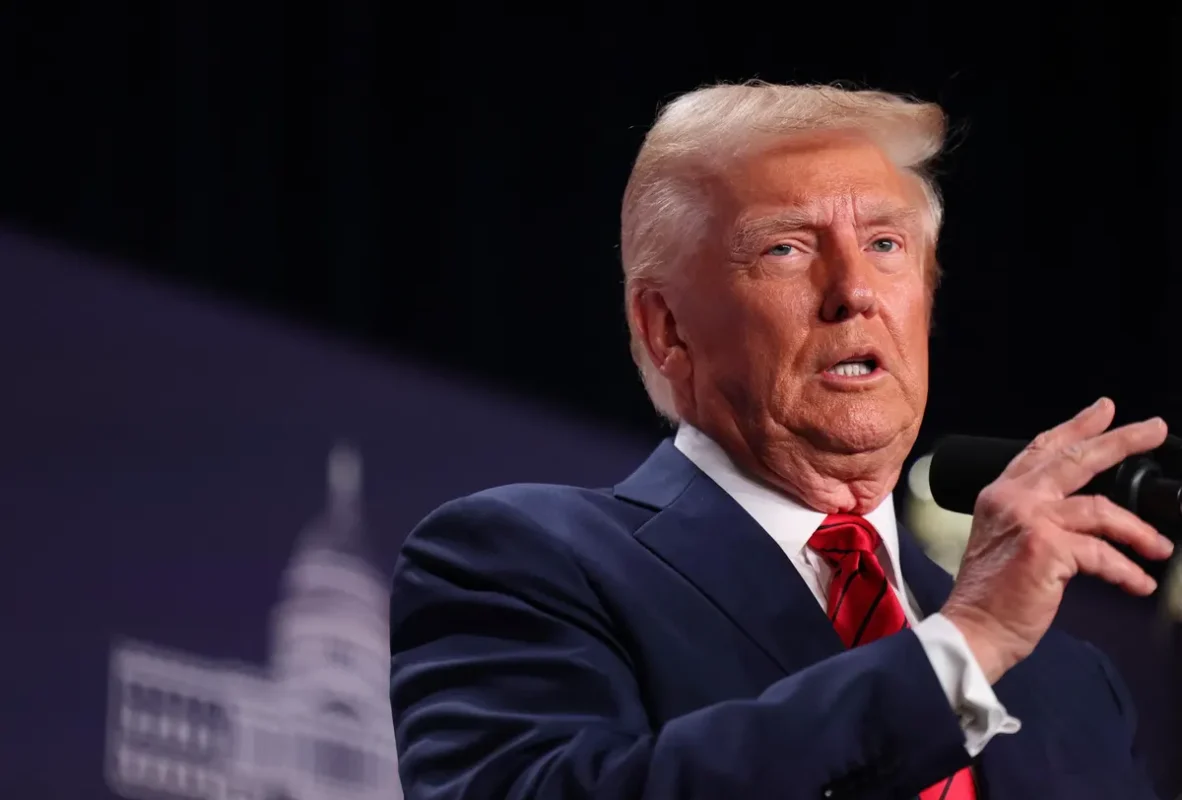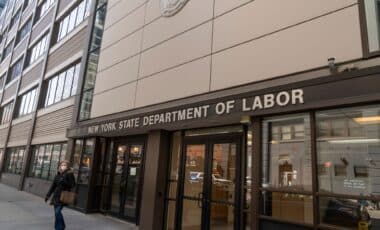In an effort to reduce the size of the federal workforce, the Trump administration has offered workers up to eight months’ compensation in exchange for their voluntary resignation. Critics have warned of serious interruptions to public services and possible political motivations behind the effort, which applies to almost all government employees.
In a directive issued by the Office of Personnel Management (OPM), federal employees have been given until February 6 to opt into a “deferred resignation” program. Those who accept will retain full pay and benefits while being exempt from returning to physical office work, a requirement newly reinstated by President Trump.
However, the proposal has also been accompanied by warnings of future downsizing, adding pressure on workers to leave before being potentially forced out.
Government Seeks Rapid Workforce Reduction Through Buyouts
The OPM memo outlines the administration’s goal of significantly reducing the number of federal employees, aligning with Trump’s long-standing pledge to cut government size and overhaul bureaucracy. The buyout offer, described as “very generous” by White House officials, applies to most full-time federal employees, excluding postal workers, military personnel, immigration officials, and national security teams.
A dedicated OPM FAQ page clarifies that those who resign under the program are “not expected to work” for the remainder of their contract, except in rare circumstances. The resignation process is strikingly simple: employees need only reply to the official email with the word “resign” to confirm their departure.
White House officials claim the initiative could lead to $100 billion in government savings and enhance efficiency. Stephen Miller, the deputy chief of staff for policy, framed the move as essential for Trump’s efforts to “get control of government”, suggesting that federal agencies are currently dominated by left-leaning career bureaucrats resistant to change.
Fears of Mass Exodus and Public Service Disruption
Unions and opposition figures have strongly criticized the proposal, warning that a sudden loss of experienced personnel could paralyze key government functions. Everett Kelley, president of the American Federation of Government Employees (AFGE), condemned the policy as a “purging process” that could create “vast, unintended consequences” for American citizens reliant on federal services.
Concerns have been raised about the impact on veteran healthcare, loan processing, air travel safety, food inspections, and military procurement. With the federal workforce employing over three million people, any significant departures could disrupt essential services across the country.
Democratic Senator Tim Kaine has questioned the legality of the move, accusing Trump of attempting to push workers out through intimidation. “If you accept that offer and resign, he’ll stiff you just like he stiffed contractors,” Kaine warned, casting doubt on the administration’s authority to implement such large-scale buyouts.
Despite opposition, the White House remains firm in its position, with further directives indicating that enhanced performance standards and political loyalty tests may soon be introduced for remaining federal employees.









